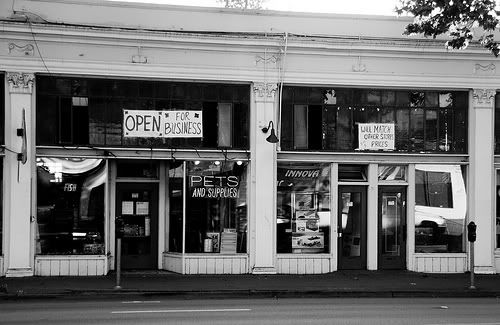I thought you might enjoy this video of some of the 9-11 disaster dogs (Search & Rescue Canines) who were working to help rescue those buried in the rubble or trapped during 9-11.
Wishing peace and blessings to those who were impacted by the tragedy through the loss of a loved one–and the trauma of the incident.


